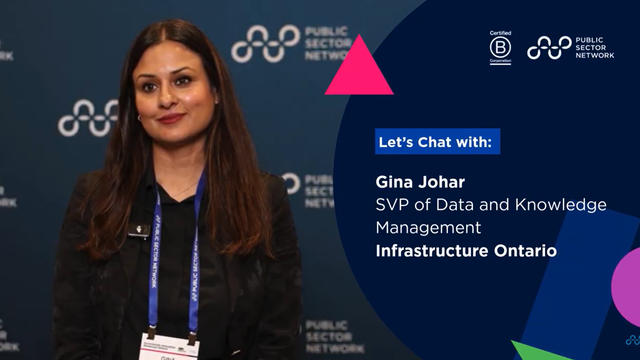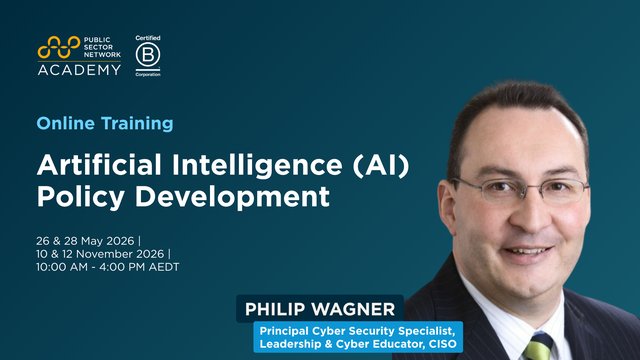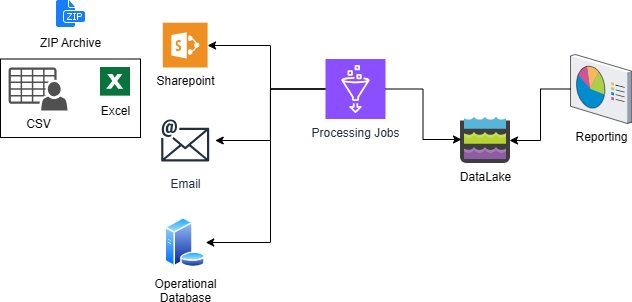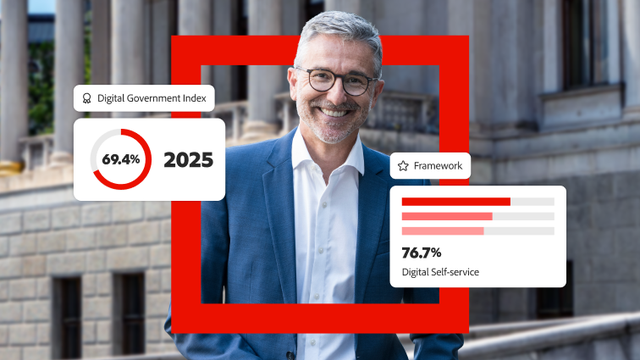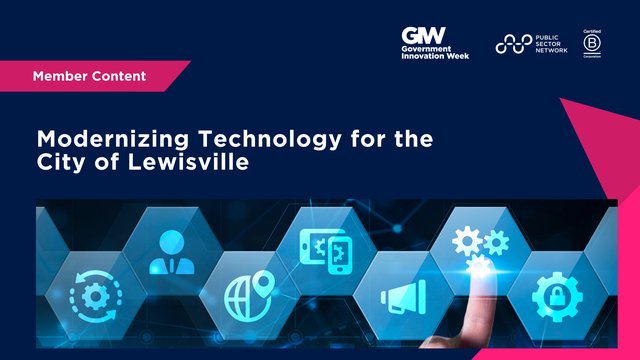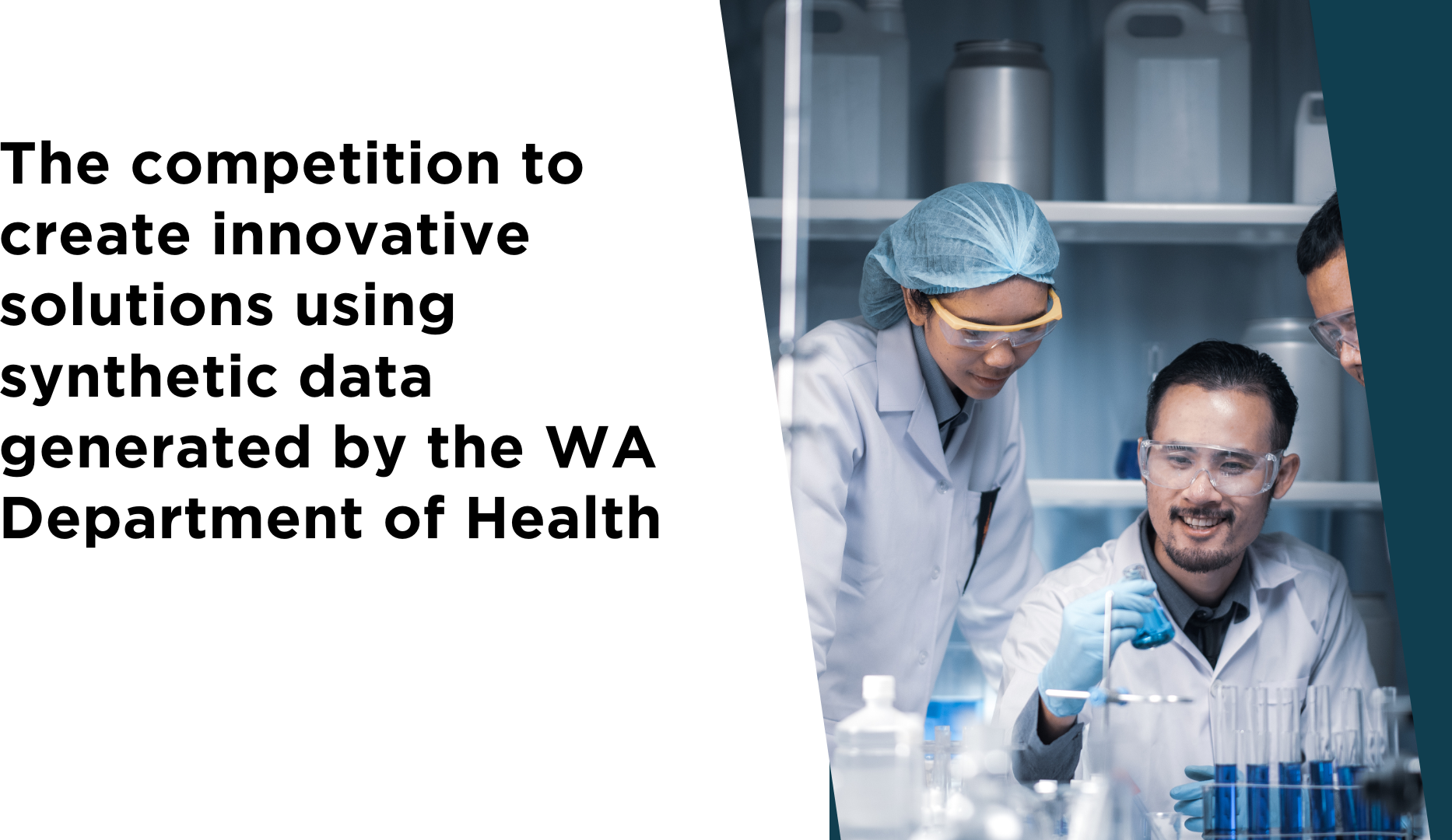
Alex Jenkins, Director, WA Data Science Innovation Hub
Western Australia (WA), the largest state in Australia has been making significant strides in artificial intelligence (AI) and data science, with initiatives aimed at improving public health and innovation. One such initiative is the WA AI Health Hackathon, held in 2023. This event brought together approximately 100 participants, forming 16 teams, who were challenged to create innovative solutions using synthetic data generated by the WA Department of Health.
Quick Facts
Key facts about the WA AI Health Hackathon 2023 include:
- Location: Western Australia
- Date: 2023
- Participants: Approximately 100 individuals
- Teams: 16 teams formed for the event
- Focus Areas: Healthcare solutions using AI and synthetic data
- Key Partners: WA Department of Health, Microsoft, Curtin University, and WA Data Science Innovation Hub (WADSIH)
Context for Hosting the Hackathon
The WA AI Health Hackathon was conceived in the context of increasing demands on the healthcare system and the potential for AI to address these challenges. Healthcare systems worldwide, including WA, face numerous obstacles such as inefficient processes, data privacy concerns, and the need for innovative solutions to enhance patient care.
The integration of AI into healthcare is crucial, especially in using synthetic data—data that resembles real patient information without containing any identifiable details. The Department of Health collaborated with various partners to release synthetic datasets, enabling participants to work on real-world challenges without compromising patient privacy. This hackathon was particularly significant as it marked the first time synthetic data was shared by an Australian public sector department, emphasising the potential for data-driven innovation in the health sector.
The event was designed to foster creativity and collaboration among young innovators, researchers, and entrepreneurs, allowing them to leverage AI technologies and synthetic data to propose solutions that could lead to significant improvements in the healthcare system. Participants were presented with various challenges, such as improving emergency department triage and scheduling and detecting skin cancer more effectively.
Contribution to Innovation
The WA AI Health Hackathon demonstrated how collaborative efforts and the use of synthetic data could spur innovation in healthcare. By harnessing the creativity of diverse teams, the event showcased numerous groundbreaking ideas and solutions.
One of the standout solutions came from a team called AI Advancements, composed of students from Curtin University's advanced science program. Their project involved creating a generative AI tool that functioned similarly to ChatGPT but was tailored for patient medical records. This application allowed healthcare professionals to upload notes and access summarised information seamlessly. For instance, if a patient was undergoing knee surgery, nurses could easily inquire about previous consultations, and the AI would retrieve and summarise relevant information from the patient's medical history.
Moreover, the AI tool was designed to assist both healthcare providers and patients. Patients could ask questions about their medications, and the AI would provide clear explanations based on the prescriptions given. This innovation addressed the challenges associated with traditional healthcare data management, which often relies on fragmented systems and paper forms, leading to inefficiencies and miscommunication.
The hackathon highlighted how synthetic data could be a game-changer for healthcare research and innovation. By allowing researchers to work with realistic datasets without exposing sensitive patient information, the event opened new avenues for exploration and development. Participants were able to gain insights and develop actionable solutions that could potentially be integrated into the healthcare system, showcasing the transformative power of AI.
Future Plans for the Hackathon and Its Winners
Following the success of the WA AI Health Hackathon 2023, there are ambitious plans to continue this initiative in the coming years. The event not only encouraged the exploration of AI solutions but also fostered a sense of community among participants, creating an environment ripe for collaboration and innovation.
The winners of the hackathon, the AI Advancements team, have already taken steps to further their project. Recognising the potential of their solution, they have formed a company under the same name. Their commitment to advancing AI in healthcare positions them as future leaders in this burgeoning field. As they continue to refine their generative AI tool, there is a strong possibility that their solution could be adopted by healthcare providers, leading to enhanced patient care and streamlined processes.
Moreover, the WA government and participating organisations are likely to explore additional partnerships and sponsorships to support future hackathons. By providing resources, mentorship, and funding, they can encourage more participants to join the initiative, fostering a culture of innovation in WA's healthcare sector. Future hackathons may also expand their focus beyond healthcare, exploring AI applications in other public sectors, thus broadening the scope for innovative solutions.
The success of this event underscores the importance of leveraging technology to address real-world challenges, ultimately contributing to a healthier and more efficient public health system.


